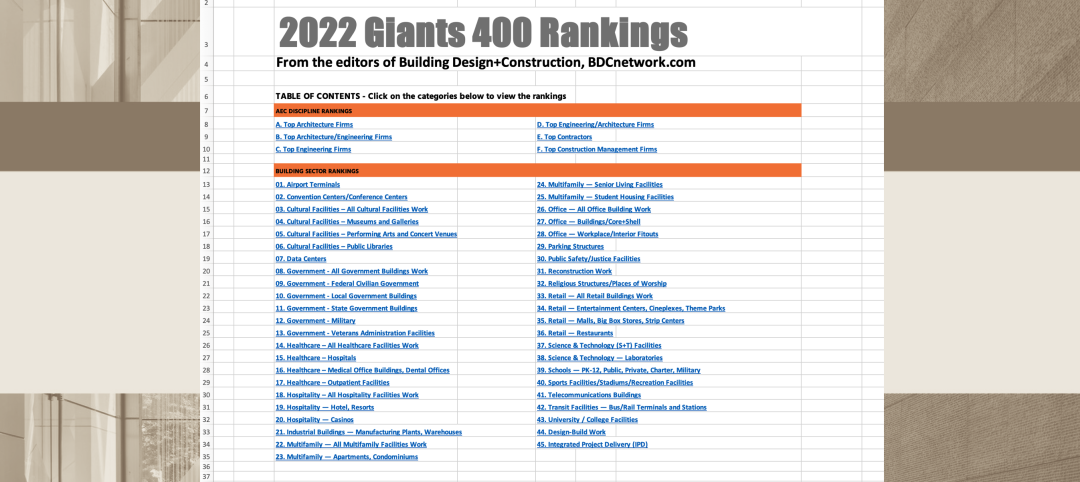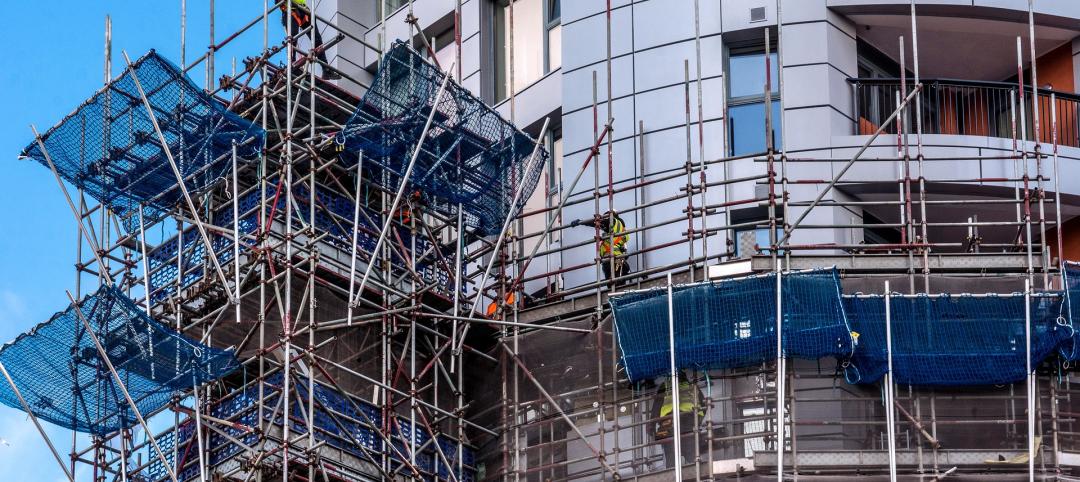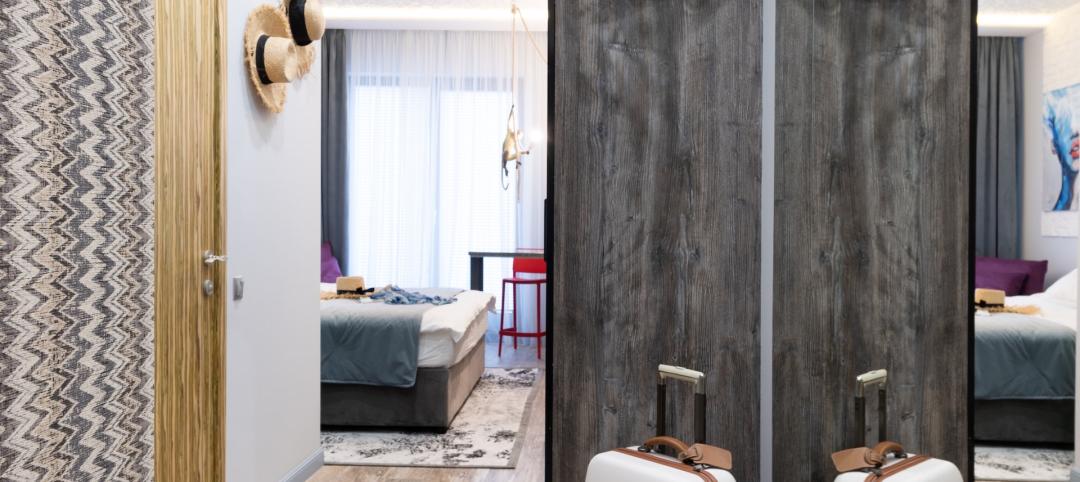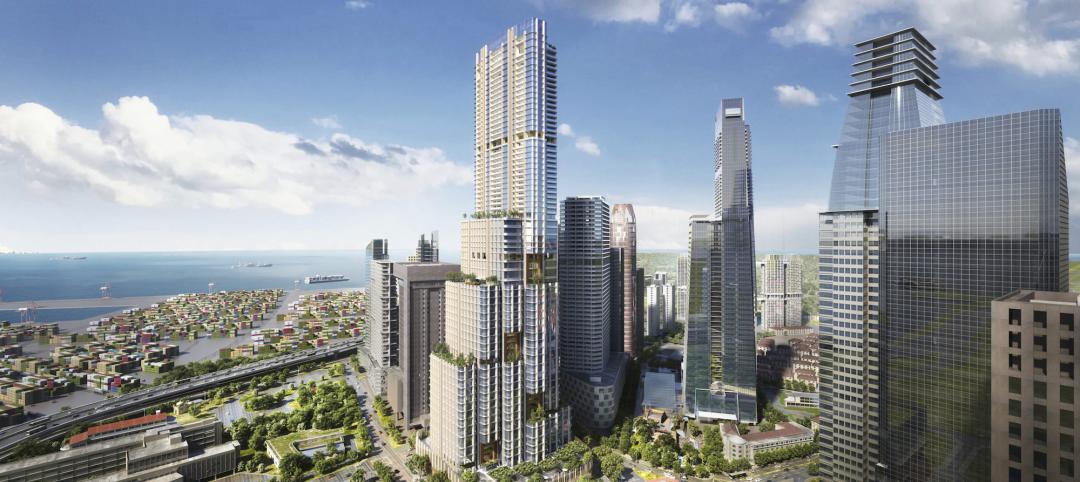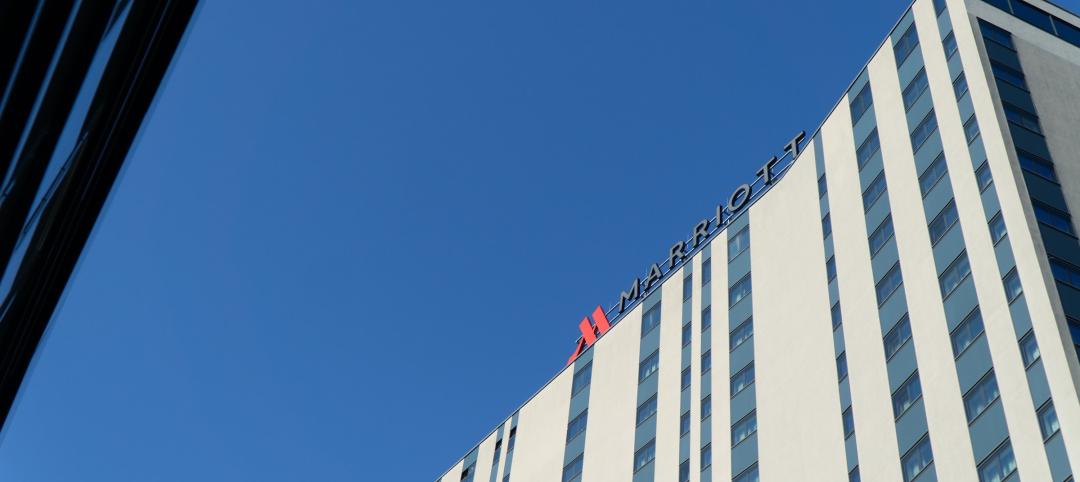In the late 1980s, an African-American neighborhood in St. Petersburg, Fla., known as the Historic Gas Plant District, was the victim of displacement by the city to make way for the construction of the Tropicana Field stadium.
Fast forward to September 19 of this year, when the Tampa Bay Rays Major League Baseball team announced that it had reached an agreement with St. Petersburg and Pinellas County on a $6.5 billion, 86-acre mixed-use development that will include a new 30,000-seat ballpark and an array of office, housing, hotel, retail, and restaurant space totaling 8 million sf. (The stadium will be between 850,000 and 950,000 sf.)
The first phase of this project’s 20-year buildout is scheduled to begin construction late next year and be completed by opening day of the 2028 baseball season.
The developer Hines, through its Historic Gas Plant Partnership, is the master developer on this project, which will occur on land currently occupied by Tropicana Field. Hines’ involvement includes a $50 million commitment to equity initiatives with South St. Petersburg that encompass affordable housing, employment and business support, education programs, and minority/women owned business enterprise hiring.
Part of Entertainment District trend
This project can be placed within a larger development trend for entertainment districts that are proliferating around the country. Among the metros where entertainment districts have been proposed, or are currently under construction, are Miami, Gainesville, and Pompano Beach, Fla.; Kansas City and St. Louis, Mo.; Anaheim, Calif.; Norman, Okla.; Clarksville, Tenn., and Springdale, Ark. In many cases, as in St. Petersburg, these districts are positioned as vital pieces of larger urban revitalization and economic growth campaigns.
The St. Petersburg project, when it’s completed, will increase the number affordable housing units built by the Partnership to 1,200, with at least half of those units to be built within the redeveloped district.
The project will include 4,800 market-rate housing units, 600 senior-living units, 1.4 million sf of office and medical space, 750,000 sf of retail, 750 hotel rooms, 100,000 sf of performance/event space that include a 3,000- to 4,000-seat concert hall; 100,000 sf of conference and meeting space, 50,000 sf of cultural and community space that encompasses the Carter G. Woodson African American Museum of Florida; 14 acres of public open space, and 14,000 parking spaces.
The Rays will pay more than half of the $1.3 billion cost to build the new ballpark, and the city and county will contribute an aggregate $600 million.
“Hines … is honored to bring this transformative, city-defining project to life,” said Michael Harrison, Senior Managing Director with Hines, in a prepared statement. “Our goal is to create St. Petersburg’s next great place to live, work, and play.”
The public approval process by the city and county is expected to start this fall.
Tampa Bay Rays, Hines finalize stadium-anchored multiuse district in St. Petersburg, Fla.
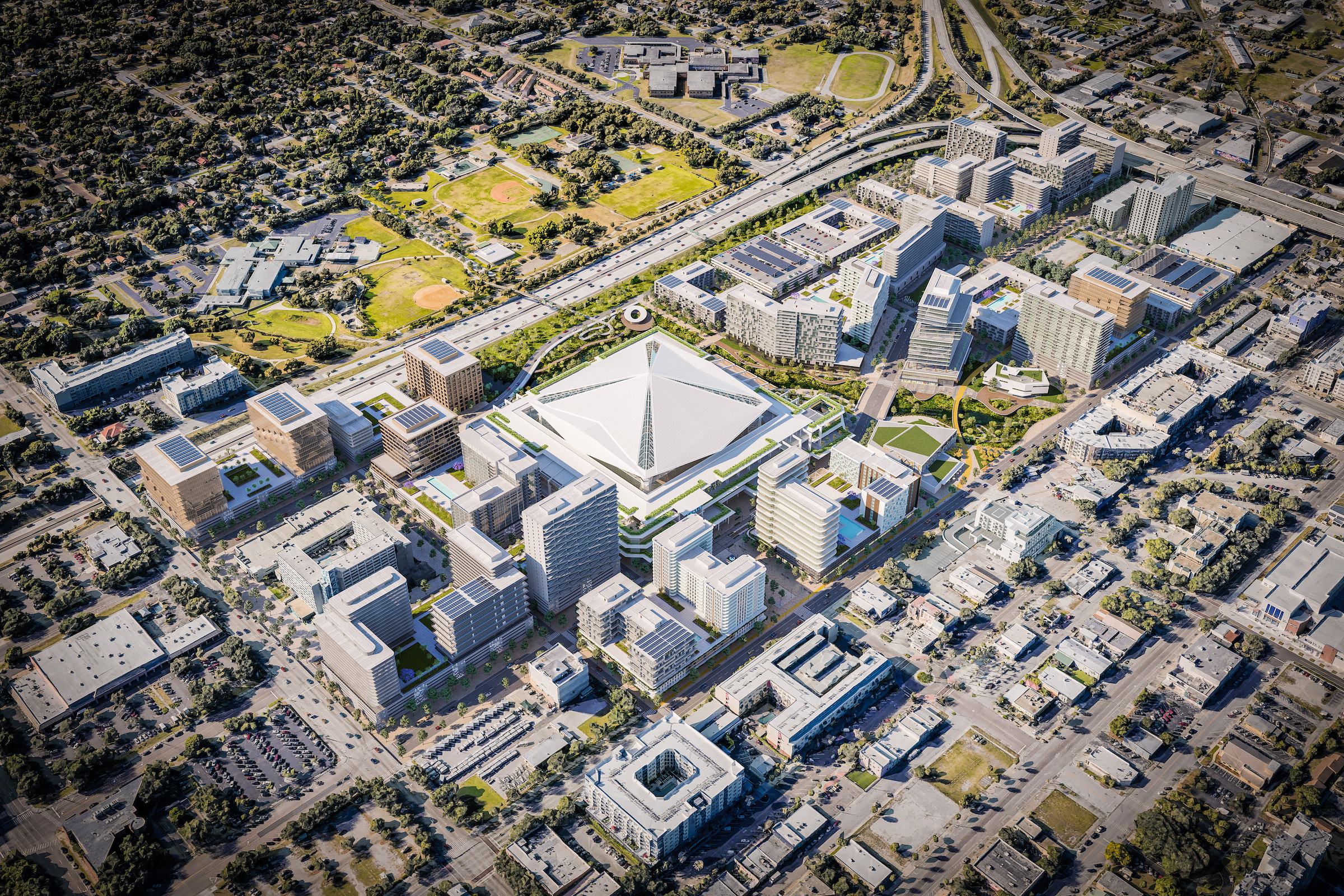
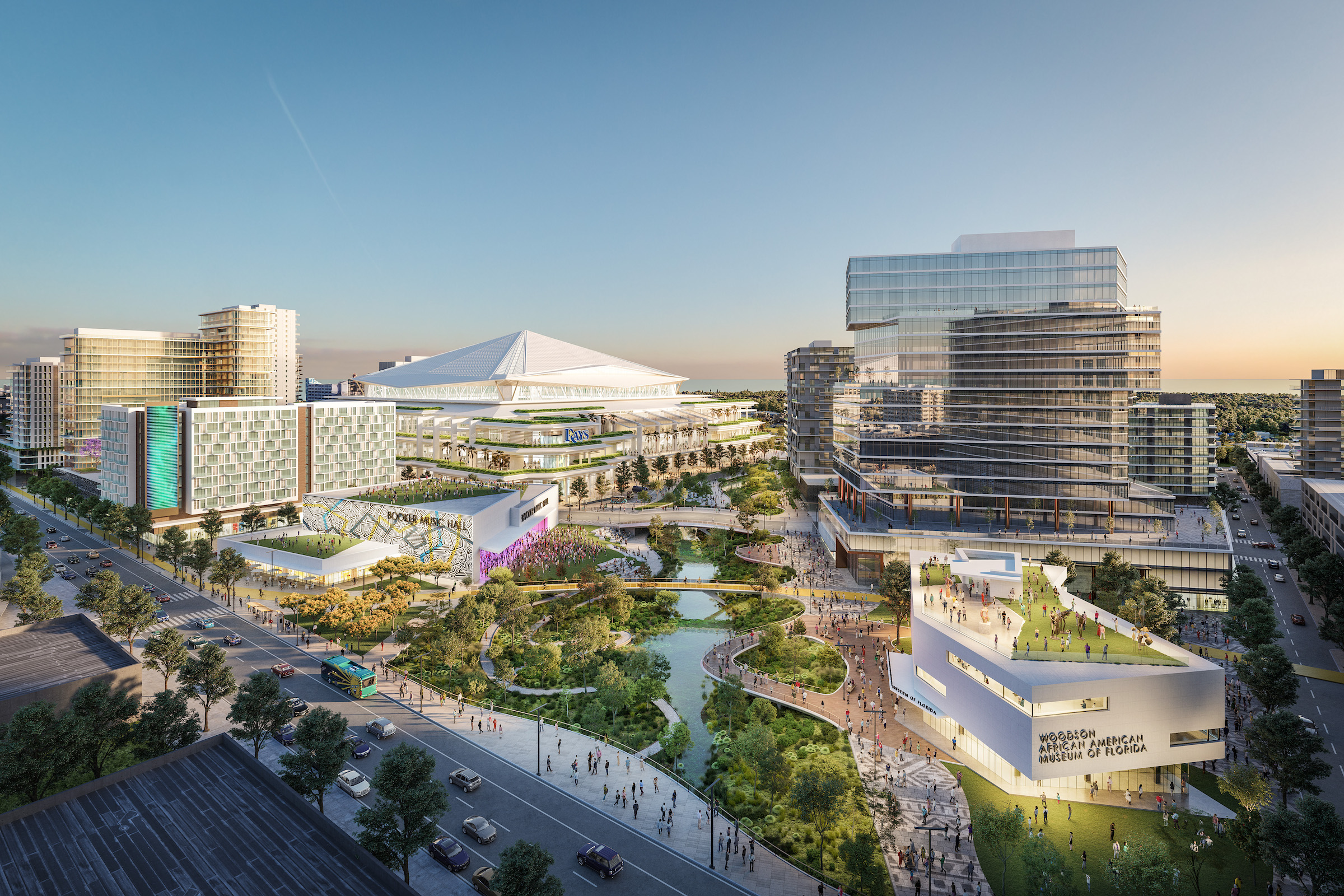
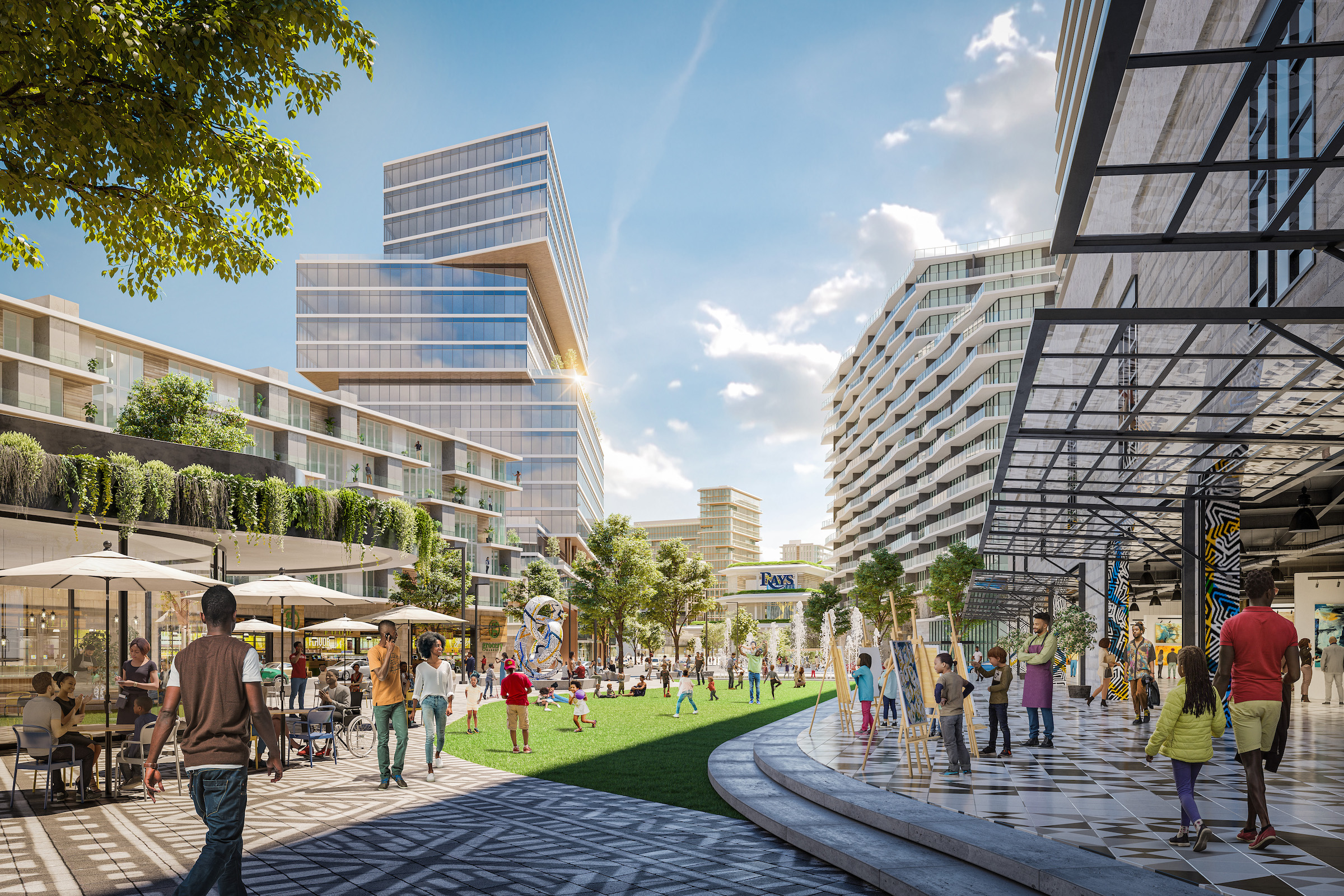
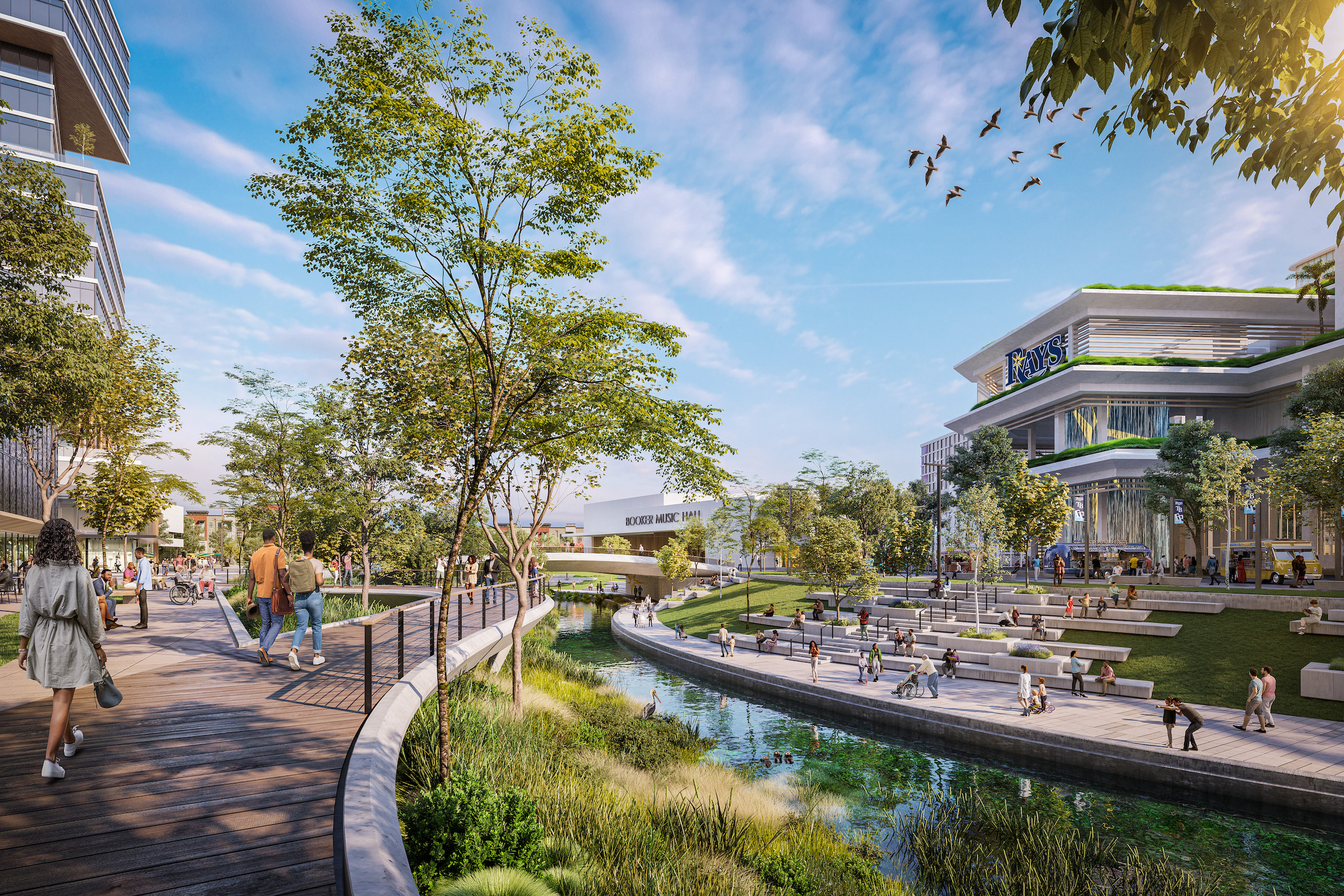
Related Stories
Giants 400 | Feb 9, 2023
New Giants 400 download: Get the complete at-a-glance 2022 Giants 400 rankings in Excel
See how your architecture, engineering, or construction firm stacks up against the nation's AEC Giants. For more than 45 years, the editors of Building Design+Construction have surveyed the largest AEC firms in the U.S./Canada to create the annual Giants 400 report. This year, a record 519 firms participated in the Giants 400 report. The final report includes 137 rankings across 25 building sectors and specialty categories.
Giants 400 | Feb 6, 2023
2022 Reconstruction Sector Giants: Top architecture, engineering, and construction firms in the U.S. building reconstruction and renovation sector
Gensler, Stantec, IPS, Alfa Tech, STO Building Group, and Turner Construction top BD+C's rankings of the nation's largest reconstruction sector architecture, engineering, and construction firms, as reported in the 2022 Giants 400 Report.
Hotel Facilities | Jan 23, 2023
U.S. hotel construction pipeline up 14% to close out 2022
At the end of 2022’s fourth quarter, the U.S. construction pipeline was up 14% by projects and 12% by rooms year-over-year, according to Lodging Econometrics.
Fire and Life Safety | Jan 9, 2023
Why lithium-ion batteries pose fire safety concerns for buildings
Lithium-ion batteries have become the dominant technology in phones, laptops, scooters, electric bikes, electric vehicles, and large-scale battery energy storage facilities. Here’s what you need to know about the fire safety concerns they pose for building owners and occupants.
Cladding and Facade Systems | Dec 20, 2022
Acoustic design considerations at the building envelope
Acentech's Ben Markham identifies the primary concerns with acoustic performance at the building envelope and offers proven solutions for mitigating acoustic issues.
Sponsored | Resiliency | Dec 14, 2022
Flood protection: What building owners need to know to protect their properties
This course from Walter P Moore examines numerous flood protection approaches and building owner needs before delving into the flood protection process. Determining the flood resilience of a property can provide a good understanding of risk associated costs.
High-rise Construction | Dec 7, 2022
SOM reveals its design for Singapore’s tallest skyscraper
Skidmore, Owings & Merrill (SOM) has revealed its design for 8 Shenton Way—a mixed-use tower that will stand 63 stories and 305 meters (1,000 feet) high, becoming Singapore’s tallest skyscraper. The design team also plans to make the building one of Asia’s most sustainable skyscrapers. The tower incorporates post-pandemic design features.
Modular Building | Nov 22, 2022
FullStack Modular prepares to begin work on its first California project
It will supply 200 complete modules for Treehouse Hotel’s first U.S. property.
Hotel Facilities | Nov 8, 2022
6 hotel design trends for 2022-2023
Personalization of the hotel guest experience shapes new construction and renovation, say architects and construction experts in this sector.
Hotel Facilities | Oct 31, 2022
These three hoteliers make up two-thirds of all new hotel development in the U.S.
With a combined 3,523 projects and 400,490 rooms in the pipeline, Marriott, Hilton, and InterContinental dominate the U.S. hotel construction sector.



